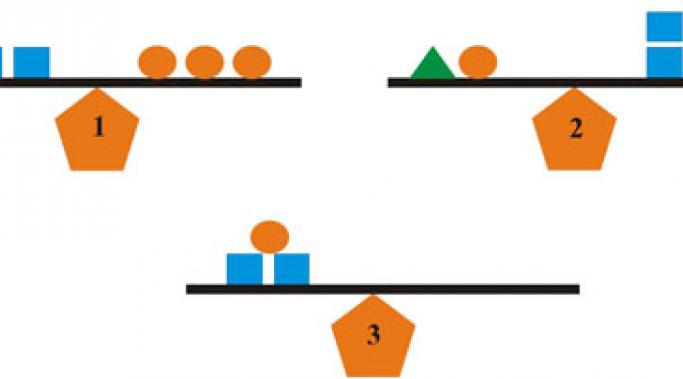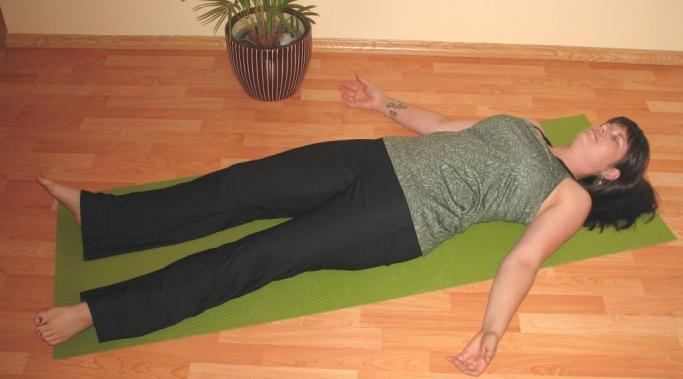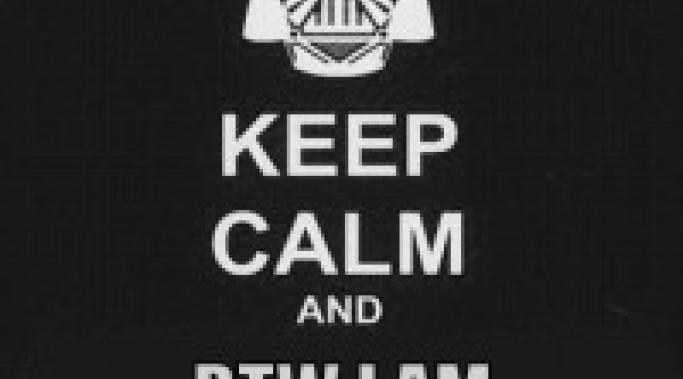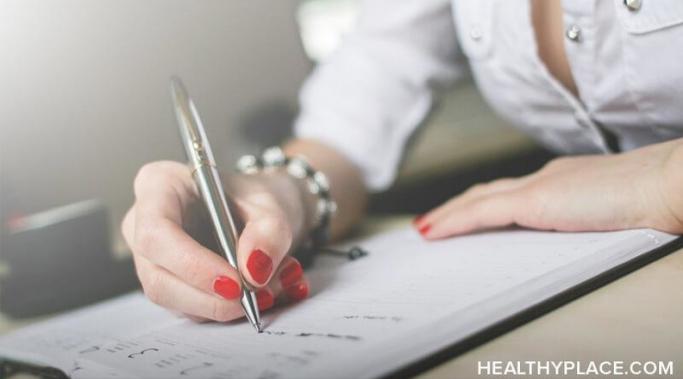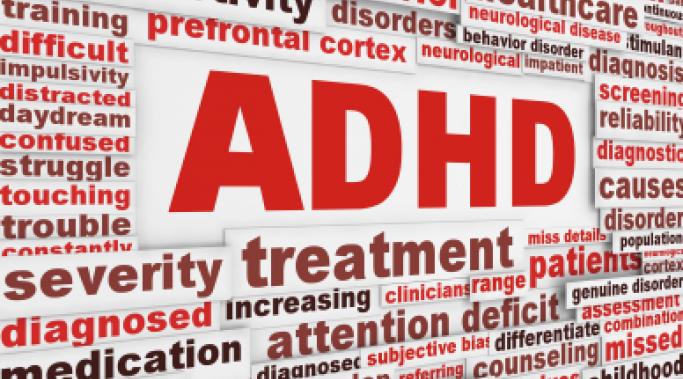Yesterday, I attended a really cool event run by the Maryland Branch of the American Physical Therapy Association (APTA) all about sports physical therapy and orthopedic surgery. A few times when I stood up my brain felt pretty wobbly. I was watching Doc Martin in the evening and noticed a bit of a tickle in my throat. Now, I have a full fledged cold and it definitely has an interaction with my typical adult attention-deficit/hyperactivity (ADHD) symptoms.
ADHD Help
Balance really is the key to life. Balance your life, your career, your significant other, and your children. Balance your attention-deficit/hyperactivity disorder (ADHD) symptoms. We're at our most successful and most functional when we have achieved the best balance of things. Today, I'd like to talk about how things get out of balance in the first place for those of us with adult ADHD. At least, this is how I view how our scales tip to and fro'.
I am about to take a vacation. In t-minus 1 hour-ish, I will be leaving for the great state (I assume) of North Carolina. Does having Adult ADHD impact how we have vacations? I think so - and I definitely think it impacts how we are able to get on the road. Planning, organizing and waiting are all things that can be tough.
I had a really fun lecture recently about evidence-based practices and spinal dysfunctions and it led me to believe that having impulsive thoughts aren't always necessarily bad. Sometimes impulsive thoughts can be beneficial - such is true of medial diagnoses. You may say, "Yeah, yeah, Liz. Sure, saying that impulsive comment to my wife last night was 'beneficial' for me." What would I say back? I think the trick is to target impulsivity - to know when to give into it and when to lose it.
I know you have all been wating with bated breath for this follow-up post to last week's discussion about relaxing and Adult ADHD. Let's have a quick refresher of the definition of "relax" we are using:
make or become less tense or anxious;
rest or engage in an enjoyable activity so as to become less tired or anxious;
cause (a limb or muscle) to become less rigid; and,
straighten or partially uncurl (hair) using a chemical product
We agreed (at least in my head) not to tackle the fourth, so let's go ahead and dive into numbers two and three!
I have a three day weekend and I think it's time to talk about the interaction I've experienced between having Adult ADHD and being able to relax. Let me start off by defining the word "relax." This is the definition I found during my quick internet search:
make or become less tense or anxious;
rest or engage in an enjoyable activity so as to become less tired or anxious;
cause (a limb or muscle) to become less rigid; and,
straighten or partially uncurl (hair) using a chemical product.
I'm going to address the first one today and the next two next week. As someone with insanely curly hair (when long) I've tried the fourth and felt no less anxious after, [insert smiley face here] so it will not be discussed.
As adults with ADHD, we may have a tendency to fidget. Fidgeting isn't something that's often seen as adult-like behavior. I was told a few months ago that when one goes to a job interview you should never fidget and pretty much you should never fidget at work. See, I asked if it was okay to start fidgeting after you got the job, but the question wasn't received all that well and it was basically a "no." So, what the heck are we supposed to do to control mostly unconscious behaviors?
When I say "being on time," I also mean "not missing appointments." Not to brag, but I'm superb at being on time. In fact, I'm just about always early for appointments that I keep. Please notice the last few words to that sentence: that I keep. I am not good at using that calendar I talked about last week. Sometimes I'll write down when an appointment is going to happen, but I do not do a good job of referring back to my calendar to see what events are upcoming. This is why New Year's Resolutions exist, I suppose.
It's the start of the year, and many of us with adult ADHD resolve to getting organized. I'm making resolutions myself and, fingers crossed, I'm going to keep many of them. Being disorganized really puts a cramp in my studying and my life, though. I think, if I had to pick, getting organized and staying that way is something that would help me learn and focus better - which will lead to being more successful. But, how can getting organized work with adult ADHD?
Hello again, all! I've been writing the Living with Adult ADHD blog for a nearly a year and this seems, with the new year just around the corner, like a really good time to review what I/we have learned this year together. We've talked about some strategies to improve our attention span and decrease our anxiety. We've talked a bunch about adult ADHD medication - the good and the bad. We've talked about just how much time having Adult ADHD costs - needing to get prescriptions, fill them and invariably get distracted at some point during the process. We've had a great year together, I'd say!

